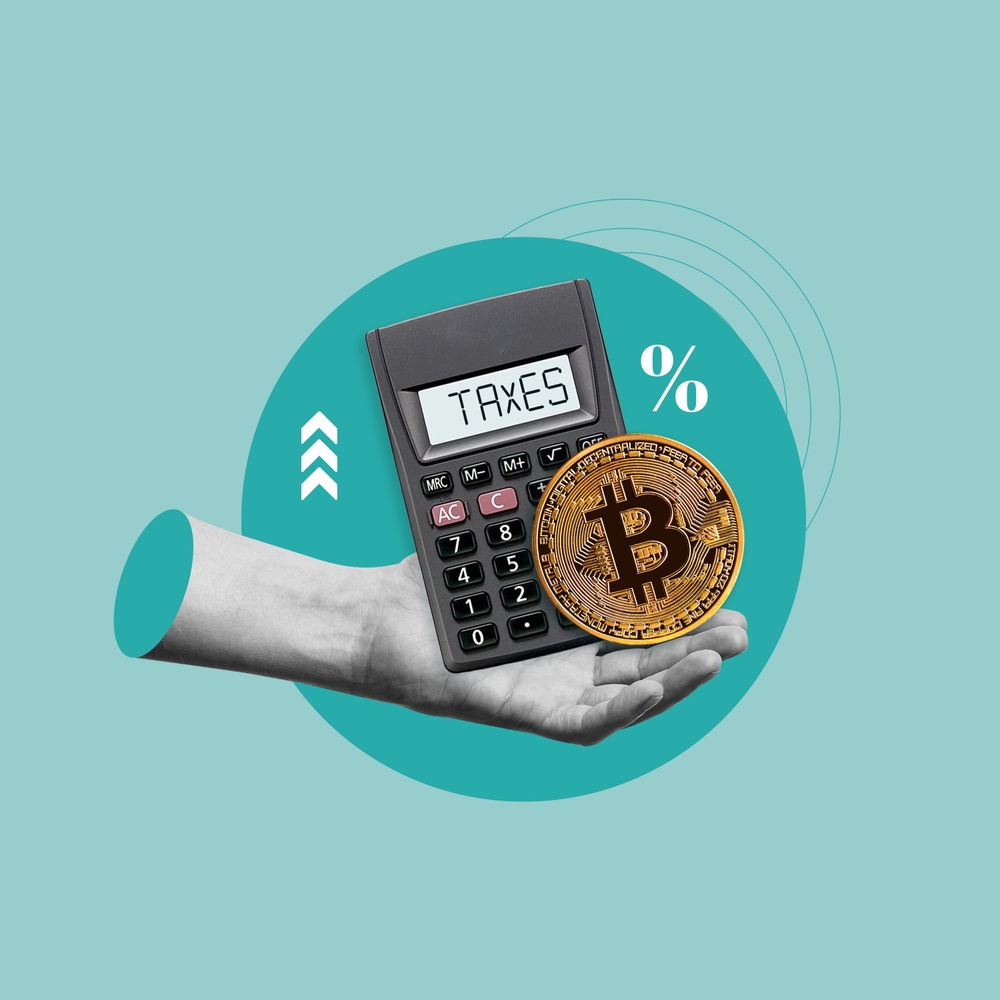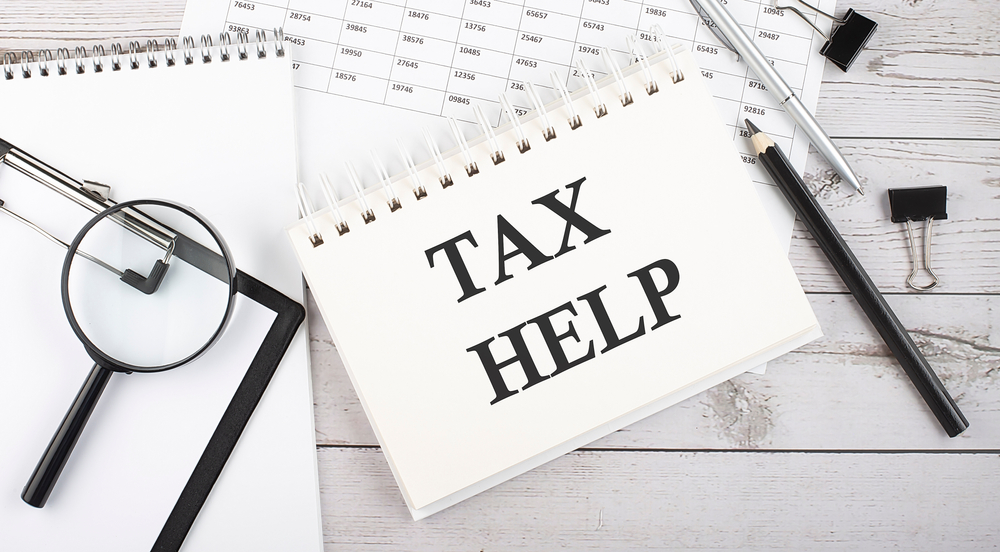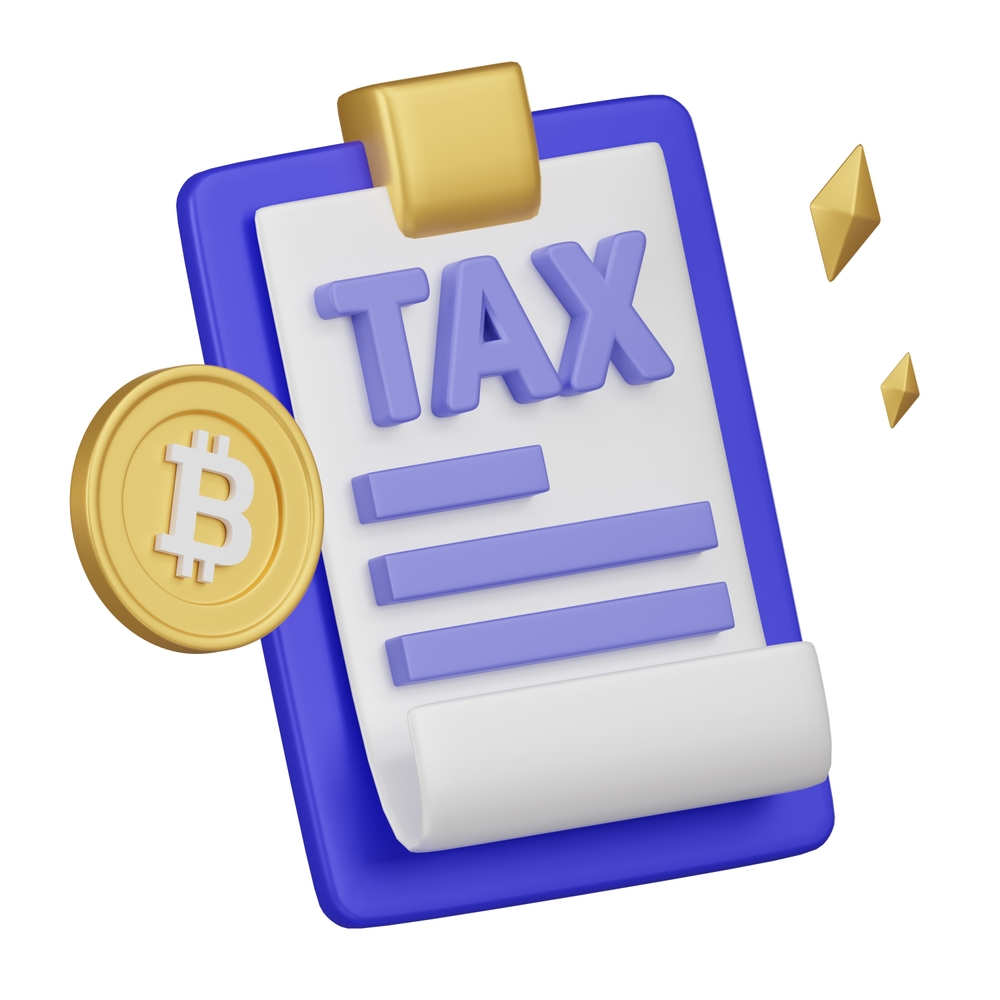Crypto Taxes: Essential Info You Need

Struggling to wrap your head around how to handle your cryptocurrency taxes? You’re not alone. Crypto taxes can be a tangled mess, leading to headaches, penalties, and stress during tax season if you don’t have the right information. This guide will break down the complexities of crypto taxes and offer you straightforward steps to ensure you’re compliant and stress-free. From knowing what to track to mastering filing tips, all the essential info is here to make tax season less daunting. Stick around as we explore exactly what you need to make sure your crypto taxes are handled smoothly!
Problems or Pain
Cryptocurrency taxes can be confusing. Missing or incorrect info can lead to headaches, penalties, and stress during tax season.
Promise Solution
This guide will clear up common crypto tax questions and provide straightforward steps to stay compliant and stress-free.
What to Expect
From what to track to filing tips, we’ve got you covered.
Ready to make tax season less daunting? Wondering exactly what kind of info you need for your crypto taxes? Stay tuned as we dive into the specifics in the next section!
What Info Do You Need for Crypto Taxes?

Keeping track of the right information is crucial when it comes to cryptocurrency taxes. Missing crucial documents or logging incomplete details can lead to unwanted penalties. But don’t worry; we’ll make it easy for you by breaking down what you need to gather.
Essential Documents and Forms
First, let’s talk paperwork. The main forms you’ll need are Form 8949 and Schedule D. These are required for reporting capital gains and losses from your crypto transactions. Make sure they’re filled out meticulously to avoid any red flags.
Form 8949 is where you itemize each of your cryptocurrency transactions, while Schedule D summarizes your total capital gains and losses. You’ll also need to attach these forms to your annual tax return.
Recording Transactions
Logging every transaction is the next crucial step. You should keep a detailed record of:
- The type of cryptocurrency
- The date of each transaction
- The value of the transaction in USD at the time it occurred
For instance, if you bought Bitcoin on January 1st for $30,000 and sold it on December 1st for $50,000, both these transactions need to be recorded with precise dates and amounts.
“Failure to keep track of your transactions is like trying to sail a ship without a compass. Don’t let yourself get lost in the sea of numbers.”
Income Reporting
It’s not just capital gains you need to worry about. Any ordinary income from cryptocurrency, whether it’s from mining, airdrops, or staking rewards, needs to be reported. Use the correct schedules on Form 1040 to ensure you accurately report this income. Misreporting can lead to issues down the line, so this is one step you definitely don’t want to skip.
Staying organized and knowing what to track is just the beginning. Ready for the next step? Let’s look into how to track your crypto transactions like a pro!
How to Track Your Crypto Transactions
![]()
Being organized can save you a significant amount of time and hassle when it comes to your crypto taxes. But let’s face it, keeping track of your cryptocurrency transactions can be overwhelming. However, with the right approach, it doesn’t have to be.
Data to Keep
First and foremost, you need to know what data to keep. This means you should record the type of crypto you’re dealing with, the transaction dates, actions taken (such as buy, sell, or exchange), and the number of units involved. Here’s a quick breakdown:
- Type of Crypto: Bitcoin, Ethereum, Dogecoin, etc.
- Transaction Dates: The exact date when each transaction occurred
- Actions Taken: Bought, sold, exchanged, or received as payment
- Number of Units: The exact quantity of crypto involved in each transaction
Value in USD
One crucial aspect people often overlook is noting the transaction’s value in USD at the time it occurred. This is particularly important when converting between cryptocurrencies as the value can fluctuate rapidly. To make it easier:
- Use reliable crypto price tracking tools: Websites like CoinMarketCap or CoinGecko can provide historical price data.
- Record real-time values: Whenever a transaction is made, jot down the equivalent in USD to avoid future complications.
Total Holdings
Another essential part of tracking is maintaining a cumulative total of all your cryptocurrency holdings. This enables you to have a clear picture of your portfolio. Keeping a running tally helps you:
- Understand your overall position: Are you making gains or losses?
- Be prepared for tax season: Knowing your total holdings can simplify the process of reporting to the IRS.
Consider this quote from Albert Einstein:
“The hardest thing in the world to understand is the income tax.”
It illustrates how even the greatest minds find tax regulations baffling. But with meticulous tracking, you can tackle this challenge head-on.
Curious about when exactly your crypto transactions become taxable? Stay tuned because we’ll explain all the details you need in our next segment. Spoiler alert: Timing is everything!
When Are Crypto Transactions Taxable?

Understanding when your crypto transactions are taxable is essential for keeping your finances in check and avoiding unnecessary taxes. Let’s break it down.
Holding vs. Selling
First things first, holding your cryptocurrency isn’t a taxable event. You’ll only trigger a taxable event when you sell or exchange your cryptocurrency. Think of holding as the calm before the storm. Your taxes come into play the moment you realize gains by selling your crypto or swapping it for something else, whether that’s cash or another digital asset.
Realized Gains
A crucial concept to grasp is realized gains. This happens when you sell your cryptocurrency for cash or trade it for another digital asset. Let’s say you bought 1 Bitcoin for $10,000 and later sell it for $50,000. The $40,000 profit you just made? That’s your realized gain, and that’s taxable.
Here’s a real-world example to make it clearer:
- Buying: You bought 5 Ethereum (ETH) at $2,000 each, totaling $10,000.
- Selling: You later sold all 5 ETH at $4,000 each, totaling $20,000.
- Realized Gain: Your gain would be $10,000 ($20,000 – $10,000).
Different Tax Rates
Your realized gains can fall into different tax categories. The most common are short-term and long-term capital gains, and they can significantly impact how much tax you owe.
- Short-term capital gains: If you hold the cryptocurrency for less than a year before selling, you’ll likely be taxed at your regular income tax rate. Ouch, right?
- Long-term capital gains: Hold those coins for more than a year? Good news! You’ll qualify for long-term capital gains tax rates, which are usually lower. So, patience can pay off.
To quote Warren Buffet, “The stock market is designed to transfer money from the Active to the Patient.” The same logic applies to the crypto market.
Tax Scenarios
Just to keep you on your toes, here are some scenarios where you’ll need to consider taxes:
- Trading one cryptocurrency for another. Yes, even if you exchange Bitcoin for Ethereum, it’s a taxable event.
- Buying goods or services with cryptocurrency. If you use Bitcoin to buy a coffee, that coffee purchase is a taxable event, especially if its value has gone up since you bought the Bitcoin.
Want to know how IRS rules can further impact your crypto taxes? Make sure to check out the next section where we’ll dig into the latest IRS rules you need to know. Stay tuned!
IRS Rules You Need to Know

Staying on top of IRS rules is a must to avoid unwanted trouble. Let’s go through some key guidelines that are crucial for you to stay compliant.
Reporting Gross Proceeds
Starting in 2025, the IRS is stepping up its game with cryptocurrency regulations. Brokers will have to report the gross proceeds from digital asset sales. This means every time you sell your crypto, the broker will report how much you made from that sale. Think of it as an extra layer of transparency.
Imagine selling Bitcoin at a peak, only to realize you must report those earnings. It might sound daunting, but being aware of these rules can save you from surprises down the line.
Reporting Tax Basis
By 2027, the IRS is going even further. Brokers will not only report the proceeds but also the tax basis for digital assets. What’s the tax basis, you ask? It’s the original value of your crypto, the price you bought it for. This helps determine how much profit or loss you made when you sold it.
Staying informed about these changes means you can better plan your investments and tax strategies. No one likes unexpected tax bills!
Staying Updated
IRS rules can change, and staying updated is key. Always check the latest IRS guidelines to ensure you’re compliant. Sign up for IRS updates or follow trusted sources for the latest news.
As Benjamin Franklin famously said,
“In this world, nothing can be said to be certain, except death and taxes.”
While taxes on crypto may seem tricky, staying informed is half the battle won.
Curious about helpful resources for crypto tax reporting? There’s more! Continue reading to discover tools that can make this journey smooth and stress-free.
Helpful Resources for Crypto Tax Reporting

Let’s face it: cryptocurrency taxes can be challenging to navigate. But don’t worry, I’ve got your back. Leveraging some stellar resources can make this daunting task much more manageable. Here are a few that I highly recommend:
Blockpit
If you’re looking for comprehensive tax guides, Blockpit is a fantastic option. They provide detailed and understandable tax guides that can be a lifesaver. These guides break down complex tax rules into simple steps, helping you stay compliant without losing your sanity.
Koinly
Koinly is another excellent tool that can help track and report your crypto taxes. It’s an all-in-one platform that allows you to import transactions, calculate your gains and losses, and generate tax reports. Koinly even has features to handle tax reporting for multiple countries, making it versatile for international traders.
CoinLedger
For those of you who need a bit more guidance, CoinLedger offers detailed guides specifically catered to crypto taxes. This resource is incredibly user-friendly and focuses on providing clear and actionable information. It’s perfect for anyone wanting to ensure they’re ticking all the right boxes with their tax filings.
Final Tips for Smooth Crypto Tax Filing

Alright, you’ve made it this far, and you’re almost at the finish line! Filing your crypto taxes doesn’t have to be a nightmare. Here are some final bits of advice to help make the process as smooth as possible.
Stay Organized
The key to hassle-free tax filing is staying organized. Keep detailed records of every transaction, whether it’s a buy, sell, or exchange. Use helpful tools like Koinly or CoinLedger to track everything in one place. And remember to note the value in USD at the time of each transaction. It’s better to have too much info than not enough.
Seek Professional Help
If you’re feeling overwhelmed, don’t hesitate to consult a tax professional. They can provide personalized advice and ensure you’re compliant with IRS regulations. According to a study by the National Society of Accountants, hiring a professional can cut down the risk of errors and save you from penalties. Plus, it may even help you find deductions you didn’t know existed!
Plan Ahead
Start early to avoid last-minute stress. The earlier you begin, the more time you have to gather all the necessary documents and resolve any issues that pop up. Remember, procrastination is your enemy during tax season. Set aside some time each week to keep your records updated. Trust me, your future self will thank you.
Wrap-Up and Encouragement
Dealing with crypto taxes can feel overwhelming, but it doesn’t have to be. With the right information and tools, you can handle it like a pro. Stay organized, seek help when you need it, and plan ahead to make the process as painless as possible.
Crypto taxes are just part of the journey, and with a little effort, you can turn a daunting task into something manageable. Stay positive, keep learning, and happy filing!
You can find more tips and resources on our blog. Feel free to explore other guides and make this tax season the smoothest one yet!
